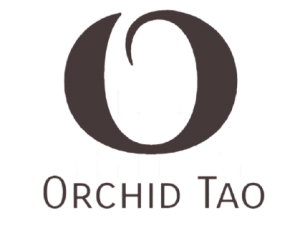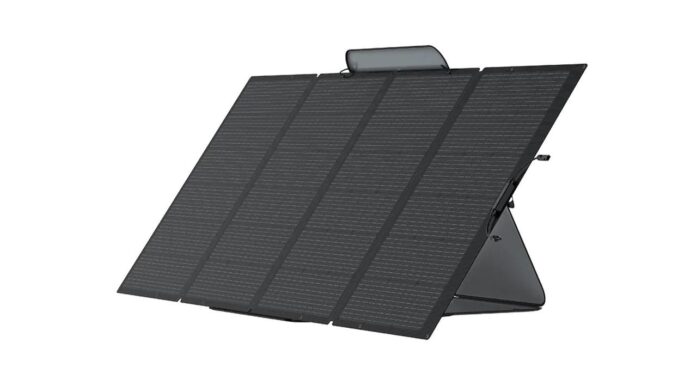Solar panels of 400 watts are relatively medium-ranged panels that are suited for certain industrial uses. So, if you’re interested in knowing exactly how a 400 watt solar panel impact the industrial sector, then this article will walk you through all such details.
Why Industries Use 400-watt Solar Panels
Cost Savings
By harnessing solar energy, industries can reduce their dependence on traditional grid electricity and lower their energy costs. 400-watt solar panels generate a substantial amount of electricity, making them suitable for powering industrial equipment, machinery, lighting systems, and other electrical loads. Over time, the cost savings from reduced energy expenses can be significant.
Environmental Sustainability
Solar panels provide a clean and renewable source of energy, helping industries reduce their carbon footprint and environmental impact. By utilizing 400-watt solar panels, industrial facilities can decrease their reliance on fossil fuels and reduce greenhouse gas emissions associated with conventional energy generation.
Energy Independence
Industrial operations often require a reliable and uninterrupted power supply. Solar panels, combined with energy storage systems such as batteries, can provide a degree of energy independence. During power outages or grid disruptions, industries with solar panels can continue their essential operations, ensuring productivity and minimizing downtime.
Scalability
Industries have varying energy demands based on their size, operations, and equipment. 400-watt solar panels offer a higher power output, allowing for more significant energy generation and scalability. Industrial facilities can install multiple panels to create larger solar arrays that meet their specific energy requirements.
Government Incentives
In many regions, governments offer incentives and subsidies to promote the adoption of solar energy. Industries can take advantage of these incentives, such as tax credits, grants, or feed-in tariffs, to offset the upfront costs of installing 400-watt solar panels. These incentives can enhance the financial viability and attractiveness of solar power for industrial applications.
Positive Public Image
Embracing renewable energy sources like solar power can enhance an industry’s reputation and public image. Demonstrating a commitment to sustainability and reducing environmental impact can attract environmentally conscious customers, investors, and stakeholders.
Regulatory Compliance
With increasing regulations and requirements for reducing carbon emissions, industries can proactively meet or exceed environmental standards by incorporating solar energy into their operations. The use of 400-watt solar panels aligns with sustainability goals and demonstrates compliance with environmental regulations.
Durability & Life Expectancy
The lifespan of a 400-watt solar panel can vary depending on several factors, including the quality of the panel, the manufacturing process, environmental conditions, and maintenance practices. Generally, solar panels are designed to be durable and long-lasting.
Solar panels are designed to have a useful life well beyond the warranty period. While the exact lifespan can vary, it is common for high-quality solar panels to continue generating electricity for 25 to 30 years or even longer. However, the power output of the panels may gradually decrease over time.
Conclusion
After going through all the details above, it’s clear that the industries are really helped by these 400-watt solar panels. Since industries are very important for any country’s economic growth, Benebomo is here to help all the industries, so they can rely on Benebomo solar panels to fulfil their lacking energy demand.




